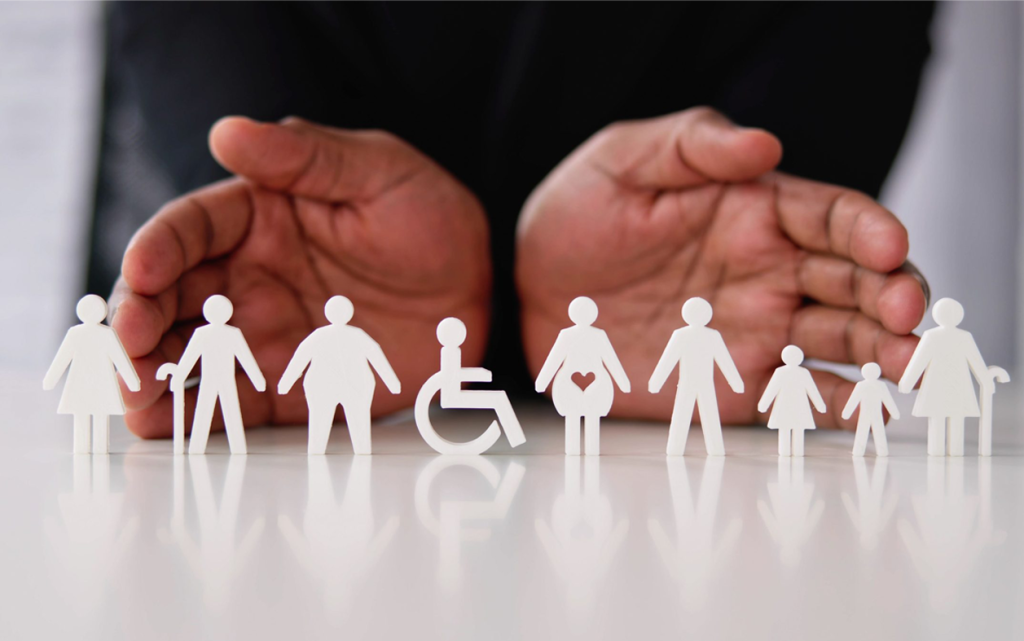Safeguarding adults and children

About this course
This Safeguarding Adults and Children training has been created for those who require knowledge and has been designed to help increase learners’ confidence when it comes to handling or reporting abuse to the appropriate authorities.
It is a statutory requirement for anyone who works with vulnerable adults to have up-to-date knowledge of safeguarding policies, legislation and guidance. This knowledge will help learners to proactively focus on keeping them safe from harm and maintain the ability to act on any concerns about their safety and welfare.
This course introduces safeguarding as a topic, whistleblowing, multi-agency working and best practice, as well as how to identify the signs and symptoms of abuse, what to do if someone discloses information and what you should do if you suspect a vulnerable adult and a child is being abused.
The content also covers national and local context, as well as focusing on your role and what you can do to recognise and reduce the likelihood of abuse.
As we recognise that roles and responsibilities differ, the information in the course regarding how to deal with abuse is tailored to the needs of learners. We have used immersive real-world scenarios to bring the responsibilities to life, enabling the learners to apply the techniques and learning in their workplace.
This course is suitable for a range of roles working with vulnerable adults, including doctors, nurses, social workers, care workers, police, paramedics and council workers.
Course content
This safeguarding training course is tailored to the needs of a learner and aims to inform them how to ensure the safety of vulnerable adults and children that they are responsible for by including the latest legislation and guidance. The units covered in the course are:
- What is safeguarding?
- Categories of abuse.
- Emergency and non-emergency situations.
- Gathering information.
- Vulnerable adults and children safeguarding.
- Referrals and allegations.
- Record keeping.
- Body maps.
- Sharing safeguarding information.
- What is supervision?
- The role of care plans and risk assessment.
- Key principles.
What you will learn
- Explain the profound impact some well-known cases of abuse have had on legislation.
- Explain the importance of multi-agency cooperation.
- Define safeguarding in respect to vulnerable adults & children.
- Describe what you need to do if a vulnerable adult & children makes a disclosure or if you suspect abuse.
- Explain what whistleblowing is, what it is not, and why it is important.
- List the ways you can reduce the risk of abuse.
- List the signs and symptoms of the different kinds of abuse.
- Outline the responsibilities managers/ team leaders in the children’s and young person’s sector have.
Or book directly using our calendar:
